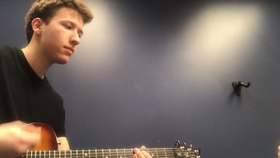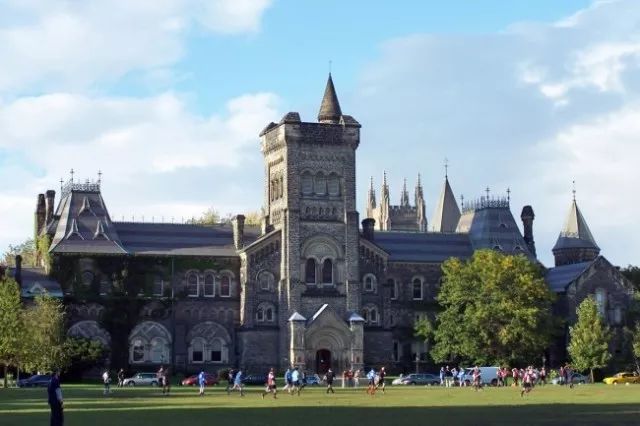Are Private Student Loans Dischargeable in Bankruptcy? Discover Your Options!
When it comes to managing debt, many individuals often wonder, are private student loans dischargeable in bankruptcy? Understanding the nuances of this topi……
When it comes to managing debt, many individuals often wonder, are private student loans dischargeable in bankruptcy? Understanding the nuances of this topic can significantly impact your financial future, especially if you’re struggling to make payments. In this article, we will delve into the complexities surrounding private student loans and bankruptcy, providing you with the information you need to make informed decisions.
Private student loans are typically issued by banks, credit unions, and other financial institutions, as opposed to federal student loans, which are backed by the government. Unlike federal loans, private loans often come with less favorable terms and conditions, including higher interest rates and less flexible repayment options. As a result, borrowers may find themselves in a precarious financial situation, leading to the question of whether these loans can be discharged through bankruptcy.
The general rule is that student loans—both federal and private—are not easily dischargeable in bankruptcy. However, there are exceptions. To discharge a private student loan, borrowers must prove that repaying the loan would cause "undue hardship." This often involves filing an adversary proceeding in bankruptcy court, where you must demonstrate your inability to maintain a minimal standard of living if forced to repay the loan, that your financial situation is likely to persist, and that you have made good faith efforts to repay the loan.

The criteria for proving undue hardship can vary by jurisdiction, making it essential to consult with a bankruptcy attorney who understands your local laws and can guide you through the process. While it may be challenging to discharge private student loans in bankruptcy, it is not impossible. Some courts have been more lenient in recent years, acknowledging the financial burdens that many borrowers face.
If you’re considering bankruptcy as a solution to your financial woes, it’s crucial to understand the different types of bankruptcy available. Chapter 7 bankruptcy allows for the discharge of unsecured debts, while Chapter 13 involves a repayment plan over three to five years. Depending on your circumstances, one option may be more advantageous than the other.

Another important factor to consider is the impact of bankruptcy on your credit score. While bankruptcy can provide relief from overwhelming debt, it will also remain on your credit report for several years, affecting your ability to secure loans or credit in the future.
If you find yourself asking, are private student loans dischargeable in bankruptcy, it’s essential to explore all your options. Before making any decisions, consider alternatives such as income-driven repayment plans, loan consolidation, or even negotiating with your lender for more favorable terms. These options may provide relief without the long-term consequences of bankruptcy.

In conclusion, while discharging private student loans in bankruptcy is challenging, it is not entirely out of reach. Understanding the legal requirements and exploring all available options can empower you to take control of your financial situation. If you’re feeling overwhelmed, don’t hesitate to reach out to a financial advisor or bankruptcy attorney who can provide personalized guidance tailored to your unique circumstances. Remember, knowledge is power, and being informed about your options is the first step toward financial freedom.